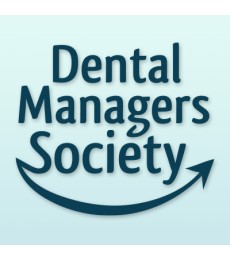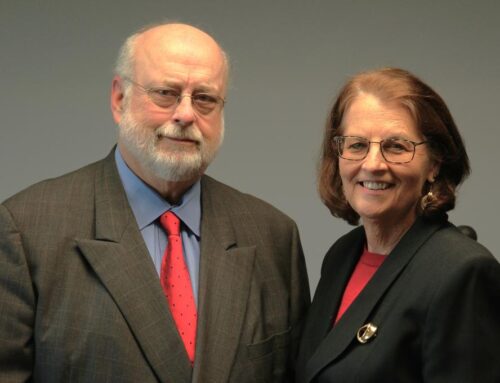 Provisions in dental employment agreements and dental practice purchase and sale agreements restricting the abilities to compete after employment as a dentist or after selling a practice, described as restrictive covenants, have been more regulated in Massachusetts since the 2019 Massachusetts NonCompetition Agreement Statute was enacted.
Provisions in dental employment agreements and dental practice purchase and sale agreements restricting the abilities to compete after employment as a dentist or after selling a practice, described as restrictive covenants, have been more regulated in Massachusetts since the 2019 Massachusetts NonCompetition Agreement Statute was enacted.
When new employment contracts are signed, all noncompetition restrictions pertaining to post-employment periods must be no longer than one year.
Other complexities of that law still exist, but some major concepts are in the law allowing non-solicitation (of existing customers or patients) provisions to last longer than one year, and allowing noncompetition and non-solicitation provisions in purchase and sale agreements not to have set limits.
Many details in these provisions do not have set statutory regulations but are still subject to legal restrictions courts may impose to make restrictive covenants reasonable to protect existing patient bases from “poaching” by departing employees or owners who decide to locate elsewhere after selling a practice.
Employees or selling dentists must still be free to practice their skills in new areas, which don’t provide direct competitive threats to former practices.
These details, which were formerly set by court cases that defined “reasonableness,” still must be interpreted by courts if challenged or enforced.
The geographical restrictions on how far from an existing practice an employee or departing dentist can be prevented by contract from practicing dentistry have a variety of standards depending on each unique situation. Most of the time it has to do with the density of dentists in the area or populations who may be eventual patients.
For instance, in a densely populated urban area such as Boston, a geographic restriction as low as 2 miles could be considered reasonable, but in the more rural western part of the state, 20 miles can be considered reasonable.
Every situation and geographical area needs to be weighed differently. And it is essential to note that non-solicitation provisions requiring no treatment of a current patient base after separation from the practice often have no geographical restriction.
Duration restrictions that don’t fit within the parameters of the new statute can be considered unreasonable in some cases. Remembering that a patient was in a practice five years ago might make it difficult to force an employee or even a departing owner to adhere to, so limits must be weighed as to practical considerations regarding the feasibility of either enforcement or obedience to provisions.
There is no one set of answers to these questions in contract negotiations and lawyers usually work through these subjects on a case-by-case basis.
Penalties for violations of noncompetition or non-solicitation provisions are an interesting topic, since taking anyone to court over insignificant violations is costly.
For that reason, enforcement actions are rarely undertaken. Usually, a court determines penalties based on actual damages to the plaintiff of the harm of breaching the provision. The concept of “liquidated damages” is often inserted into contracts to avoid drawn-out lawsuits by prescribing a set amount for damages for violations.
However, this concept can be considered unlawful if the amount clearly exceeds reasonably anticipated actual damages if not used reasonably.
Taking a former employee to court to require payment of a set high liquidated damages amount for a minor violation (like unintended treatment of a patient not familiar to a dentist) risks backfiring if it is deemed a “penalty.”
Massachusetts courts have determined that if a liquidated damages provision is more of a penalty than a reasonable substitute for actual damages, it will be invalidated.
There is a tendency in state statutes and courts to invalidate noncompetition provisions altogether or restrict them to allow for the free flow of employees and ideas in the marketplace.
In dentistry, with the goodwill of a large patient base the most valuable part of a business, far more valuable than tangible assets such as equipment, it does not appear that provisions preventing direct solicitation of patient bases in former practices, and perhaps even setting up new practices nearby without contacting those patients will be going away anytime soon.

Contact Info:
Brian Hatch
Hatch Legal Group
8 North Main Street, Suite 403
Attleboro, MA 02703
HatchLegalGroup.com
brianhatch@hatchlawoffices.com
508-222-6400






